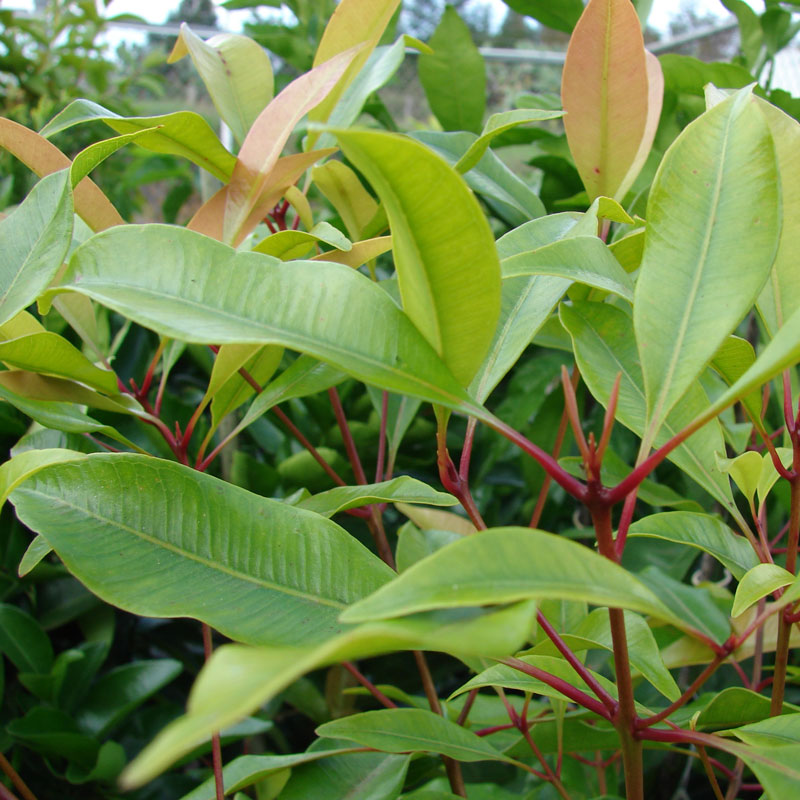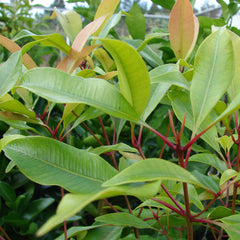

Cloves, Powder (Syzgium aromaticum)
- $14.00 CAD
- $14.00 CAD
- Unit price
- per
50g, 100g, 250g
Couldn't load pickup availability
Parts used: Seeds and flower buds
Properties
Alterative, analgesic, anodyne, anthelmintic, antibacterial, antiemetic, antifungal, antiseptic, aromatic, astringent, carminative, expectorant, germicide, rubefacient, stimulant, stomachic
Primary nutrients
Calcium, magnesium, phosphorus, potassium, sodium, vitamins A, B-complex and vitamin C
Cloves have been used for both medicinal and culinary purposes for thousands of years. Cloves contain one of the most powerful germicidal agents in the herbal kingdom. A few drops of clove oil in water will stop vomiting, and clove tea will relieve nausea. The oil of cloves is also a diffusive stimulant and disinfectant.
Cloves can be used to relieve a toothache when dropped into a cavity and are frequently recommended as a remedy for bad breath. Cloves increase circulation of the blood and promote digestion.
Clove oil has been found to contain antihistaminic and spasmolytic properties. There is also evidence of the volatile oils in cloves containing antibacterial and antifungal properties to inhibit both gram-positive and negative bacteria and fungi.
Primary Applications
Breath, odor
Catarrh, bronchial
Circulation, poor
Dizziness
Earache
Nausea
Toothaches
Secondary Applications
Blood pressure, low
Colitis
Diarrhea
Dysentery
Epilepsy
Gas
Indigestion
Pain
Palsy
Spasms
Vomiting
Sex drive, inhibited
50g, 100g, 250g
RELATED PRODUCTS
- Choosing a selection results in a full page refresh.


